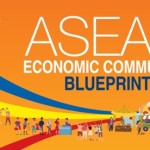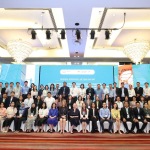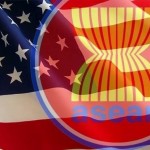Total number of posts 463.
On the morning of October 31, 2025, in Thanh Hoa Province, the Multilateral Trade Policy Department of the Ministry of Industry and Trade (MOIT), in collaboration with the Thanh Hoa Department of Industry and Trade, organized a workshop on “Strengthening Export Capacity for Local Strategic Products under the Regional Comprehensive Economic Partnership (RCEP): Rules of Origin, Customs Procedures, and Sanitary and Phytosanitary Regulations.” The event attracted over 100 participants, including representatives from enterprises, business associations, and government agencies.
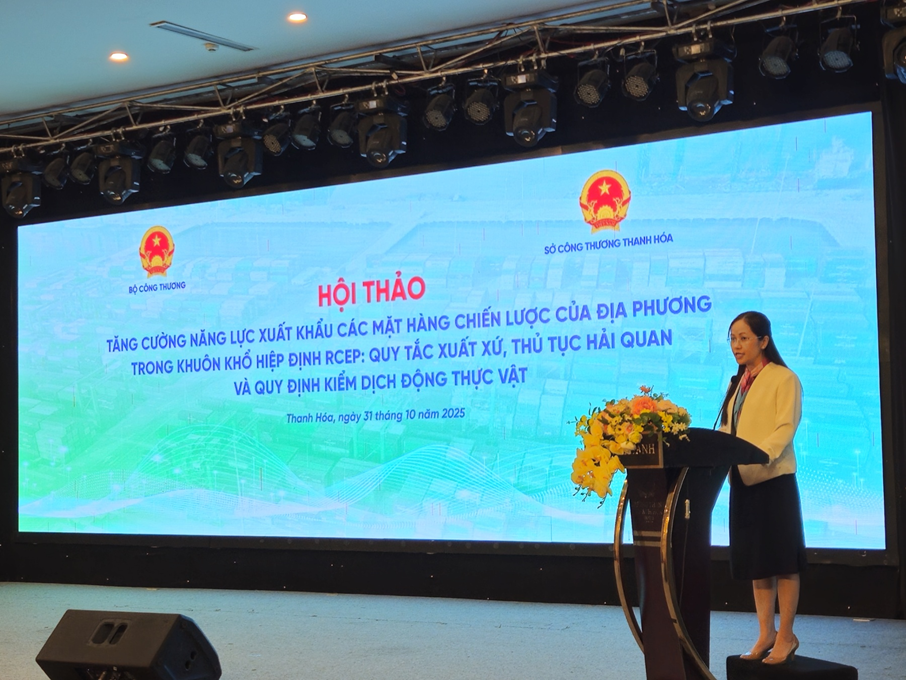
The workshop was attended by Ms. Nguyen Viet Chi, Deputy Director General of the Multilateral Trade Policy Department (MOIT); Mr. Phung Dinh Anh, Deputy Director of the Thanh Hoa Department of Industry and Trade; Mr. Le Thanh Hoa, Deputy Director General of the Department of Quality, Processing, and Market Development (Ministry of Agriculture and Environment); Ms. Nguyen Thi Hien, Officer from the International Cooperation Unit, Office of the General Department of Customs (Ministry of Finance); as well as representatives from relevant departments of the MOIT (the Multilateral Trade Policy Department and the Foreign Trade Agency) and various businesses.
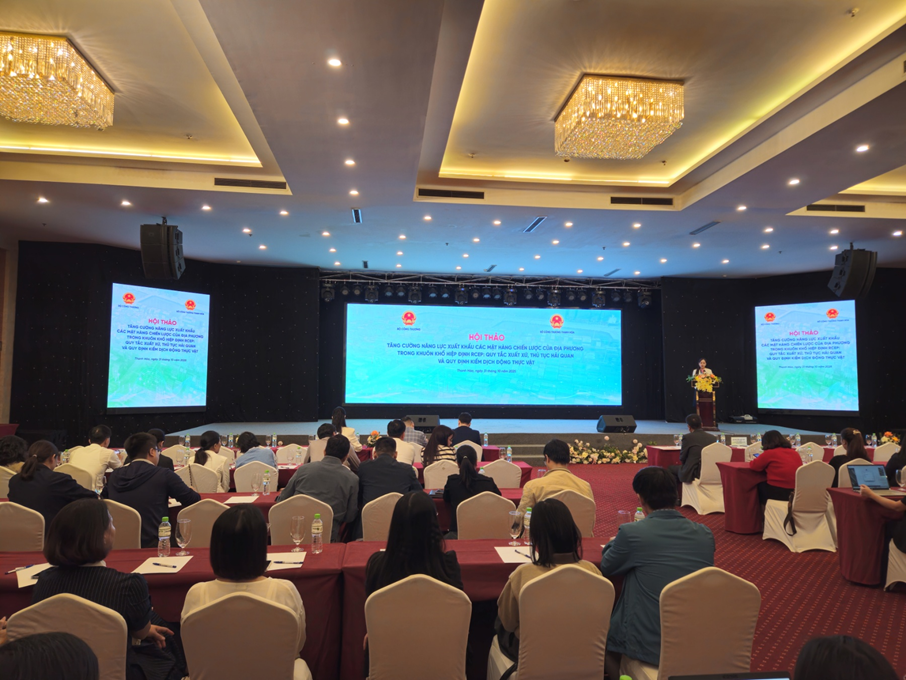
In her opening remarks, Ms. Nguyen Viet Chi emphasized the important role and position of the RCEP — currently the world’s largest free trade agreement in terms of market size and total GDP. She noted that the scale of the RCEP market is expected to continue expanding, as several economies have expressed interest in accession. On October 27, 2025, RCEP member countries convened the 5th RCEP Summit — the first since the Agreement’s signing and full implementation — reaffirming member countries’ strong commitment to the agreement.
Ms. Chi highlighted that the RCEP adopts a single set of rules of origin applicable across the entire free trade area, along with provisions on policy transparency and trade facilitation, which help Vietnamese enterprises improve flexibility in sourcing input materials, diversify and optimize production for exports to RCEP markets, and integrate more deeply into regional supply chains. Furthermore, the implementation of RCEP provides a binding legal framework on trade, investment, intellectual property, and e-commerce, thereby improving transparency and enhancing the attractiveness of the regional market.
Sharing this view, Mr. Phung Dinh Anh, Deputy Director of the Thanh Hoa Department of Industry and Trade, noted that the RCEP member countries constitute a key market that Thanh Hoa enterprises are interested in expanding trade and export activities with — especially in strong sectors such as textiles and footwear.
The workshop program featured four presentations delivered by experts from the Ministry of Industry and Trade, the Ministry of Finance, and the Ministry of Agriculture and Environment, covering the following topics: (i) Overview of the RCEP and its commitments on trade in goods, including how to navigate tariff schedules; (ii) Rules of origin under the RCEP and opportunities to promote diversification and export expansion; (iii) RCEP and key notes on customs procedures among member countries; (iv) Sanitary and phytosanitary (SPS) measures and food safety regulations under the RCEP – key considerations for exporters; followed by an interactive Q&A session with the experts.
Throughout the program, the speakers provided practical and valuable guidance to help businesses effectively utilize economic cooperation opportunities within RCEP markets, aiming toward diversification and sustainable business development — particularly in export activities in the current global context. The workshop also recorded feedback from representatives of government agencies and enterprises to further enhance Viet Nam’s effective participation in the RCEP./.








